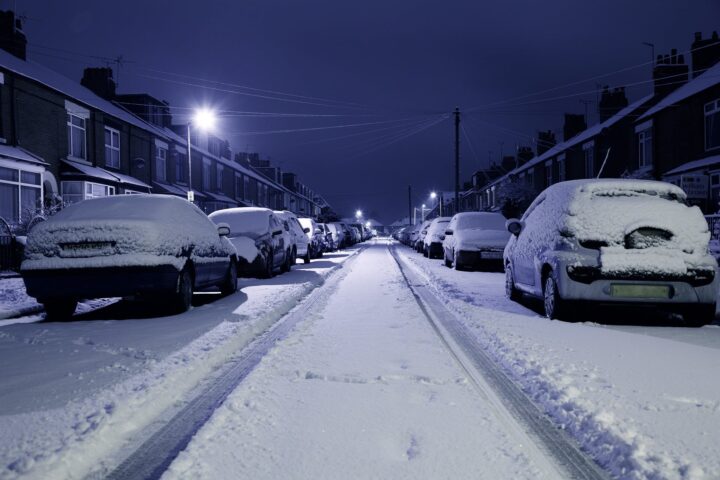Who doesn’t love a bit of snow as the Christmas season draws near? A blanket of pristine snow when you open your curtains in the morning, snowball fights with the kids, the crisp crunch of inches of the white stuff underfoot – magical.
However, let’s get back to reality for a moment. The enchantment
of a winter wonderland comes with its share of challenges, especially for those
of us trying to make it to work when snow, and its less popular cousin, ice,
strike.
In this article, we unravel the intricacies of your rights and
responsibilities during bouts of wintery weather and address key employee
concerns ranging from pay deductions to childcare arrangements.
1. Getting to Work: The Pay Dilemma
Travel Disruption and Pay Deductions
According to workplace relations body ACAS, if your workplace is
open, and you can’t make it in due to snow, your employer doesn’t necessarily
have to pay you and unpaid leave may be the result.
Seeking Alternatives
If you can’t make it to work, negotiate with your employer for
alternative arrangements, such as working from home or adjusting your hours
until the big freeze is over or you’re safely able to make it into your usual
place of work.
It’s also worth checking if there’s an ‘adverse weather’ policy in
your workplace, which may entitle you to paid leave or discretionary payments
for travel disruption.
2. Work Closure: Your Pay Shouldn’t Suffer
Employer Premises Closure
If your employer has to close its premises due to adverse weather
and you can’t work from home, your pay shouldn’t be docked.
Alternatively, you may be asked to work from different premises or
from home, so be ready to have a conversation with your employer if they have
to close.
3. Walking to Work: What’s Reasonable?
Determining Reasonability
If walking to work is reasonable for you during snow, you may be
expected to wrap up warm and make your way into your workplace on foot. It’s
worth noting that pay isn’t guaranteed if you can’t (or won’t) walk to work in
this situation.
In cases of treacherous conditions or if you live too far away to
walk into work, your employer can’t compel you to come in. However, communication
is key to find alternative arrangements in these cases, so work with your
employer to find a reasonable middle ground.
4. Taking Holidays: A Possibility with Notice
Possible Holiday Use
If extreme weather causes major disruption expected to last
several days, you may be asked to take it as annual leave.
Seems a bit mean if you weren’t planning on taking time off
anyway, so check your employment contract for any rules regarding holiday use
in such situations.
5. Childcare Arrangements During School Closures
Childcare Emergency Leave
In cases of school closures or disrupted childcare due to snow
(which let’s face it, are pretty regular occurrences here in the UK), you have
the right to time off. This should be agreed upon with your employer.
Unpaid leave for childcare emergencies, such as extreme weather,
may be considered reasonable, and employers are encouraged to be flexible, but
it’s never a bad idea to touch base with your manager should the weather
forecast predict a period of heavy snow that could disrupt your little
darlings’ education.







